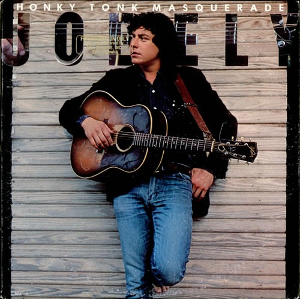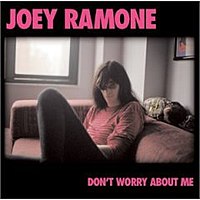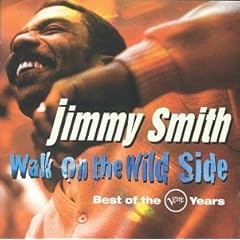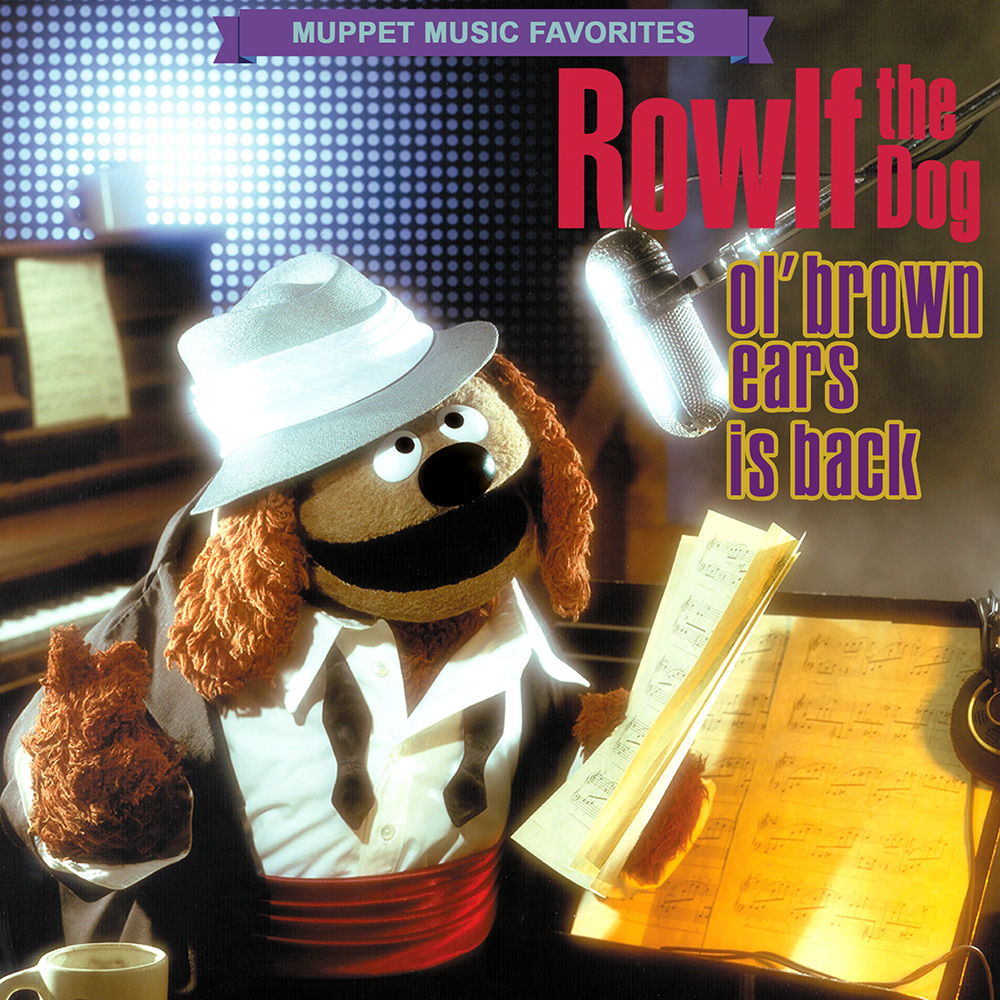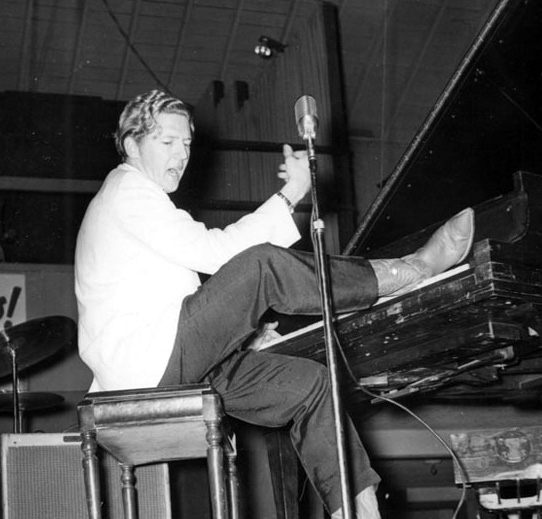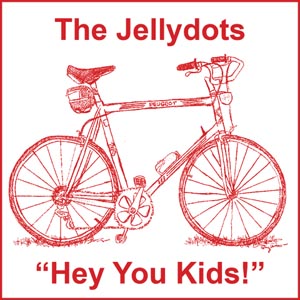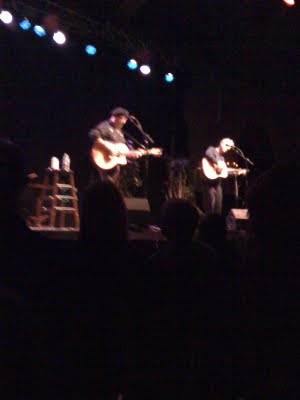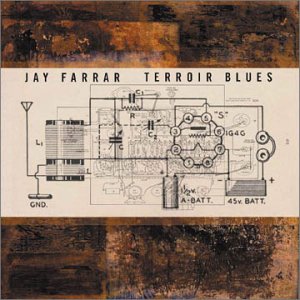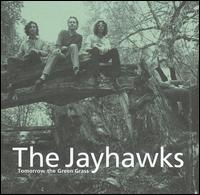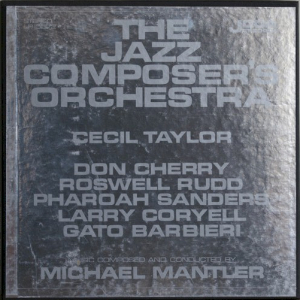Music Library: Johann Sebastian Bach, John Browning, John Cage
Johann Sebastian Bach - from The Complete Works (date unknown): The Art Of The Fugue, Sechs kleine Präludien, Suite In F flat Major, Präludium & Fuge in A minor, Fuge in C Major, Präludium & Fuge in G Major, Präludium & Fughetta in D minor, Präludium & Fuge in E minor, Suite in A minor, Präludium & Fuge in F Major, Menuet in C minor, Menuet in E flat Major, Präludium & Fuge in A minor. Performed by Menno van Delft or Jan Belder on harpsichord. I'm always up for The Art of the Fugue, but I think I prefer a performance on piano or organ (a la the Glenn Gould performance in my collection) better than harpsichord. These represent about three discs of that megazillion-disc set that came out a few years back.
 John Browning - Mozart: Concertos for Piano Nos. 9 & 23 (1995) and John Browning Plays Mozart Sonatas (2003). Browning died in 1997, so the latter is a compilation. Anyway, yes, Browning plays piano beautifully. And that Mozart guy sure could write. And, with that, I hope that I am bottoming out on worthless comments about music forms that I barely grasp. Incidentally, I should mention that I am hereto recategorizing classical music under the composer's name (keeping the performer as the artist, but using the composer as the "album artist," so to speak), which I think will make it easier for me to find the music I want.
John Browning - Mozart: Concertos for Piano Nos. 9 & 23 (1995) and John Browning Plays Mozart Sonatas (2003). Browning died in 1997, so the latter is a compilation. Anyway, yes, Browning plays piano beautifully. And that Mozart guy sure could write. And, with that, I hope that I am bottoming out on worthless comments about music forms that I barely grasp. Incidentally, I should mention that I am hereto recategorizing classical music under the composer's name (keeping the performer as the artist, but using the composer as the "album artist," so to speak), which I think will make it easier for me to find the music I want. John Cage - Indeterminacy (with David Tudor, 1959), John Cage Meets Sun Ra (1987), Cage: In A Landscape (performed by Stephen Drury, 1994), Cage: Complete Piano Music, Volume 8 (Hommage à Satie) (performed by Steffen Schleiermacher, 2002). From the formal compositional style of Bach and Mozart to Cage's experimental pieces influenced by Buddhism and chance and then back to proto-minimalism. Cage is well known for his composition of rests, 4'33", which, among other things, serves to remind listeners that they are part of a performance, too. To listen to Indeterminacy is to touch the ineffable. In this composition/performance/lecture/sermon, Cage tells stories about his life or people he has known or stories from Eastern literature (especially the Chuang Tzu) while David Tudor, in a separate studio and unable to hear Cage, plays piano and manipulates electronics according to an indeterminate score. Cage sometimes rushes and sometimes sloooooowly drawls the story according to his own indeterminate score. Often there are sudden silence punctuated by rushes of sound, and Tudor's noise manipulations work surprisingly well with Cage's tales. Take some time and read a few of Cage's stories. Extraordinary stuff. John Cage Meets Sun Ra is a public domain album (find it on ubunet or through a mere Google search if you dare) that documents a live performance which alternates Sun Ra improvising on synthesizers with Cage expressing the meaningless syllables of his composition Empty Words. The two come together at the end of the performance in a joyful way. The latter two albums are Satie-esque minimalist compositions performed on either piano, a prepared piano, or harp. They aren't anywhere as challenging as the prior two works, but a welcome respite from transcendence back into near-ambient music.
John Cage - Indeterminacy (with David Tudor, 1959), John Cage Meets Sun Ra (1987), Cage: In A Landscape (performed by Stephen Drury, 1994), Cage: Complete Piano Music, Volume 8 (Hommage à Satie) (performed by Steffen Schleiermacher, 2002). From the formal compositional style of Bach and Mozart to Cage's experimental pieces influenced by Buddhism and chance and then back to proto-minimalism. Cage is well known for his composition of rests, 4'33", which, among other things, serves to remind listeners that they are part of a performance, too. To listen to Indeterminacy is to touch the ineffable. In this composition/performance/lecture/sermon, Cage tells stories about his life or people he has known or stories from Eastern literature (especially the Chuang Tzu) while David Tudor, in a separate studio and unable to hear Cage, plays piano and manipulates electronics according to an indeterminate score. Cage sometimes rushes and sometimes sloooooowly drawls the story according to his own indeterminate score. Often there are sudden silence punctuated by rushes of sound, and Tudor's noise manipulations work surprisingly well with Cage's tales. Take some time and read a few of Cage's stories. Extraordinary stuff. John Cage Meets Sun Ra is a public domain album (find it on ubunet or through a mere Google search if you dare) that documents a live performance which alternates Sun Ra improvising on synthesizers with Cage expressing the meaningless syllables of his composition Empty Words. The two come together at the end of the performance in a joyful way. The latter two albums are Satie-esque minimalist compositions performed on either piano, a prepared piano, or harp. They aren't anywhere as challenging as the prior two works, but a welcome respite from transcendence back into near-ambient music.




